10 Wild Prince Moments From the 1980s You Likely Forgot About
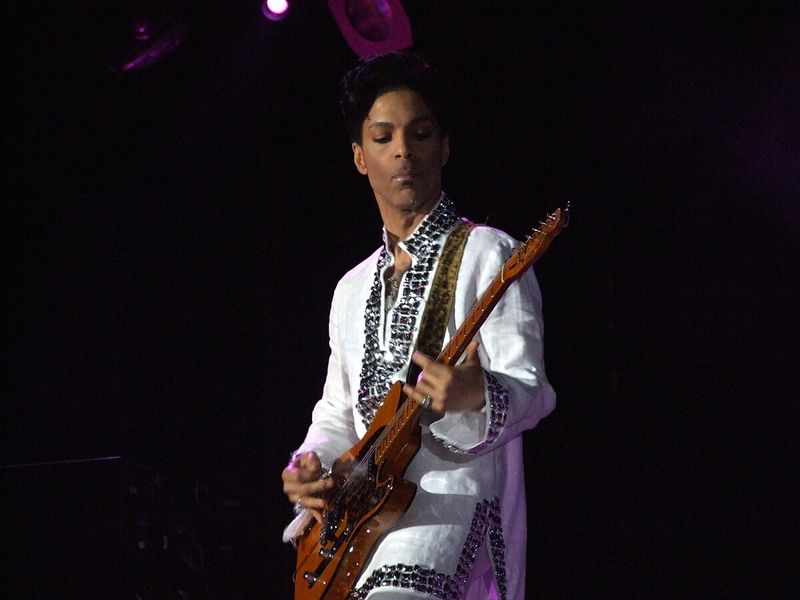
Prince Rogers Nelson wasn’t just a musical genius; he was a master of the unexpected. During the 1980s, when his star power reached its zenith, Prince created headlines not just with his chart-topping hits but with his unpredictable behavior and business decisions. From mysterious album withdrawals to high-profile feuds, these forgotten moments showcase why Prince remains one of music’s most fascinating figures decades later.
1. The Vanishing Black Album Mystery
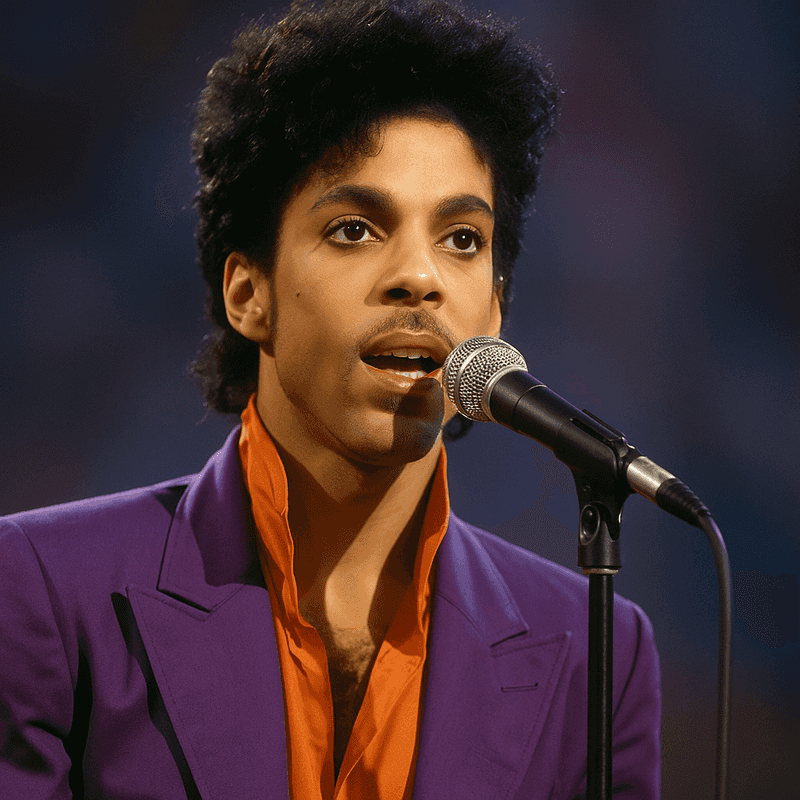
Just days before its scheduled December 1987 release, Prince abruptly pulled ‘The Black Album’ from distribution. Half a million copies had already been pressed when Prince experienced what he described as a spiritual epiphany that convinced him the album was ‘evil.’
Warner Bros. was forced to destroy nearly all copies, making it one of music’s most legendary unreleased works. Prince replaced it with the spiritually uplifting ‘Lovesexy’ instead.
The album wouldn’t see official release until 1994, becoming one of the most bootlegged records in history. Many speculate that a bad experience with ecstasy contributed to Prince’s sudden change of heart.
2. Secret Songwriter for The Bangles
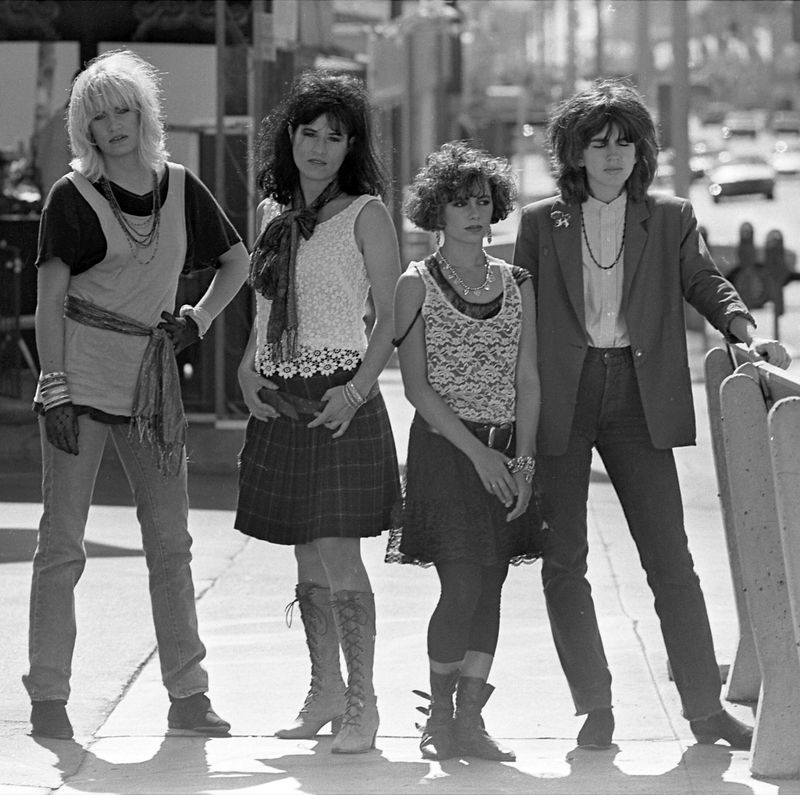
Many fans have no idea that ‘Manic Monday,’ The Bangles’ breakthrough hit, came from Prince’s musical vault. He gifted the song to the all-female band in 1986 under the pseudonym ‘Christopher,’ keeping his involvement relatively quiet.
Originally written for Apollonia 6, Prince’s protégé group, the song found a better home with The Bangles. Their version reached #2 on the charts, ironically kept from the top spot by Prince’s own ‘Kiss.’
This generous act demonstrated Prince’s overflowing creativity – he simply had more hit songs than he could release himself. Susanna Hoffs of The Bangles later revealed Prince personally invited them to his studio to receive the track.
3. Refusing Michael Jackson’s ‘Bad’ Collaboration
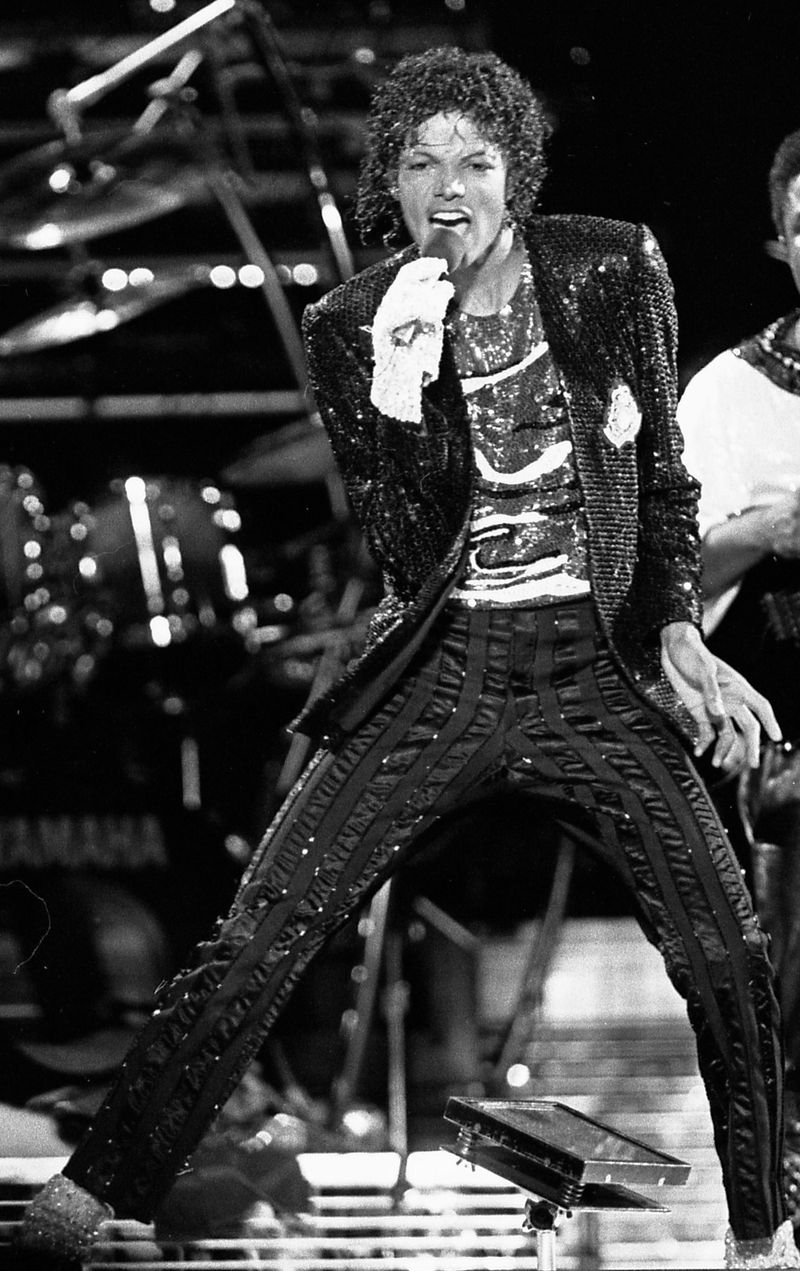
When the King of Pop invited Prince to duet on the title track of his ‘Bad’ album, music fans salivated at the prospect. Prince, however, promptly declined after hearing the song’s opening line: ‘Your butt is mine.’
In a later interview, Prince quipped, ‘Who’s going to sing that to whom? Because you sure ain’t singing it to me, and I sure ain’t singing it to you.’
The rivalry between music’s two biggest stars was legendary throughout the decade. Director Martin Scorsese had planned to feature both superstars in the ‘Bad’ music video, potentially creating one of music’s most iconic moments – a collaboration that never materialized.
4. Creating The Time as a Contract Loophole
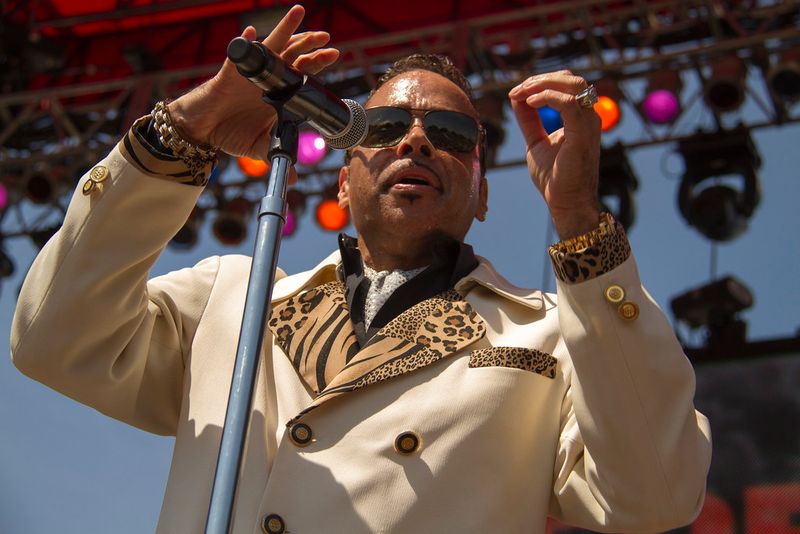
Prince formed The Time in 1981 as a clever business strategy. By writing, producing, and playing most instruments on their albums while crediting others, he could release more music without violating his Warner Bros. contract limitations.
Led by the charismatic Morris Day, The Time became funk superstars in their own right. Their infectious grooves on tracks like ‘Jungle Love’ and ‘The Bird’ dominated dance floors while showcasing Prince’s production genius.
Few fans realized Prince was the mastermind behind nearly every note on their early albums. This shrewd move allowed him to launch his friends’ careers while maintaining complete creative control over a second musical identity.
5. Skipping ‘We Are The World’ for His Own Cause
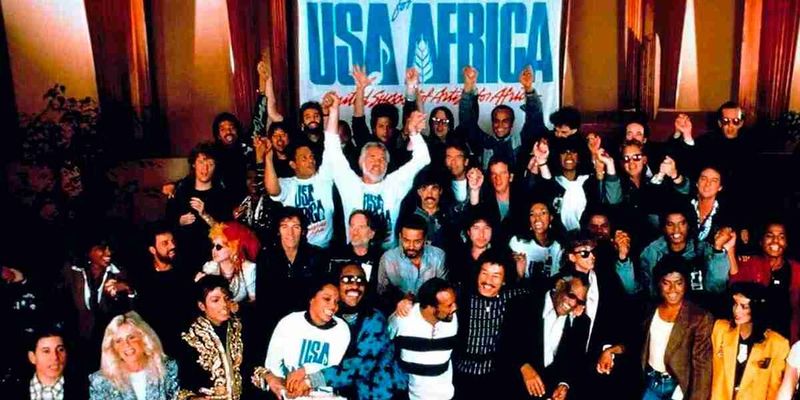
When music’s biggest stars gathered to record the charity anthem ‘We Are The World’ in 1985, Prince was noticeably absent. Rather than join the supergroup USA for Africa, he contributed his own song ‘4 the Tears in Your Eyes’ to the benefit album.
Rumors swirled about his reasons – from scheduling conflicts to discomfort with the group recording process. Revolution guitarist Wendy Melvoin later revealed Prince simply didn’t want to be around other performers.
His alternative contribution demonstrated Prince’s independent streak. While other celebrities embraced the collaborative spirit of the project, Prince preferred his characteristic solo approach, maintaining creative control even in charitable endeavors.
6. Madhouse: The Jazz Fusion Experiment
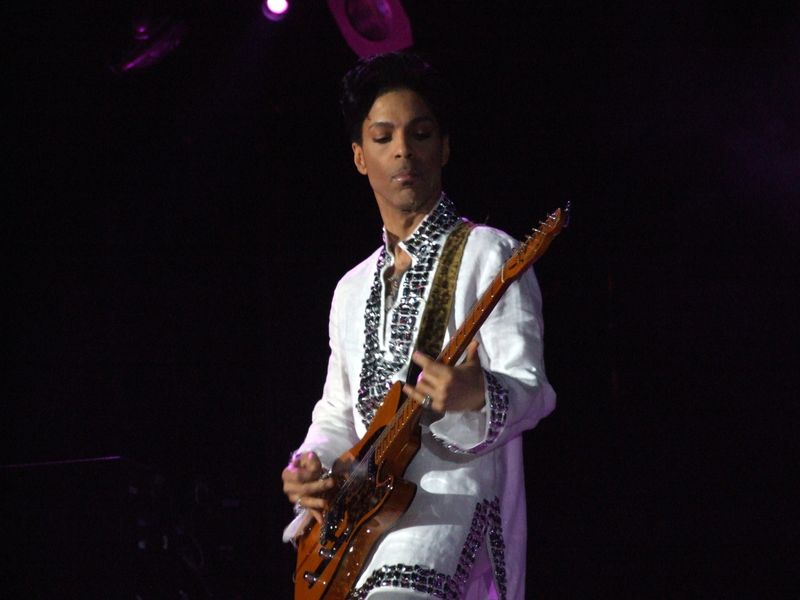
In 1987, Prince quietly released two instrumental jazz-funk albums under the name Madhouse. ‘8’ and ’16’ featured numbered tracks instead of titles, confusing fans who had no idea Prince was behind the experimental project.
Featuring saxophonist Eric Leeds, these albums showcased Prince’s versatility beyond pop and funk. The mysterious releases demonstrated his restless creativity and desire to explore genres without commercial expectations.
While casual listeners remained unaware of the connection, Prince scholars recognize these albums as important pieces of his expansive musical universe. The Madhouse project revealed Prince’s jazz influences and instrumental prowess at a time when his pop stardom had reached its commercial peak.
7. The Stolen ‘Kiss’ That Topped Charts
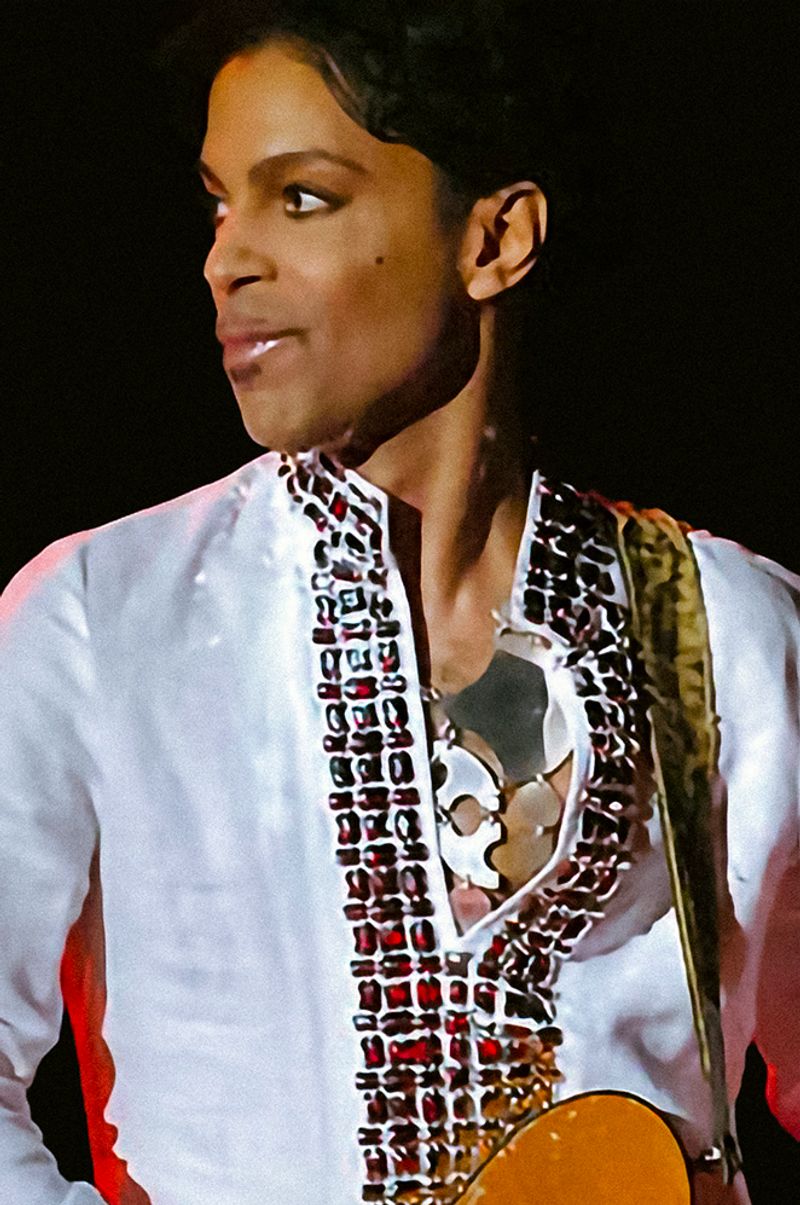
When Prince gifted a song called ‘Kiss’ to Mazarati, a band on his Paisley Park label, he likely never imagined it would become one of his signature hits. After hearing their funky reworking of his acoustic demo, Prince was so impressed he reclaimed the track, adding his falsetto vocals while keeping their arrangement.
He left Mazarati’s backing vocals on the final version as a consolation prize. The resulting minimalist funk masterpiece topped the Billboard Hot 100 in 1986, winning a Grammy Award.
This musical repossession showcases Prince’s ruthless perfectionism. When he recognized hit potential, he wasn’t above taking back what he’d given away, transforming a band’s opportunity into his own triumph.
8. The Heated Rick James Rivalry
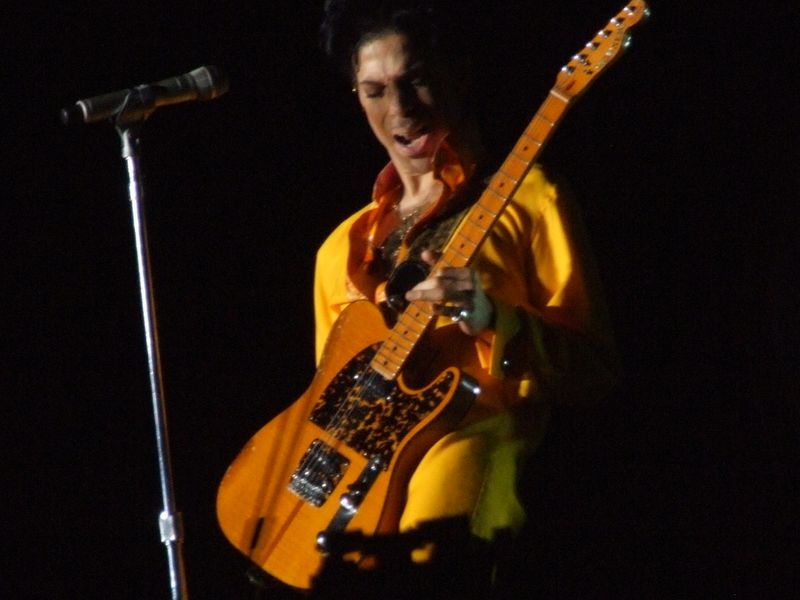
The funk world wasn’t big enough for two flamboyant geniuses. Prince and Rick James developed a fierce rivalry in the early 1980s that went beyond musical competition into personal territory.
When Prince opened for James on tour in 1980, tensions flared immediately. James accused Prince of stealing his stage moves and musical ideas, while Prince remained characteristically silent about the feud. The ‘Super Freak’ hitmaker even recorded a track called ‘Cold Blooded’ reportedly about Prince stealing his girlfriend.
Despite their differences, both artists pushed each other to create some of the decade’s most innovative funk music. James later admitted, ‘I was intimidated by him being younger and better.’
9. Accidentally Launching Parental Advisory Labels
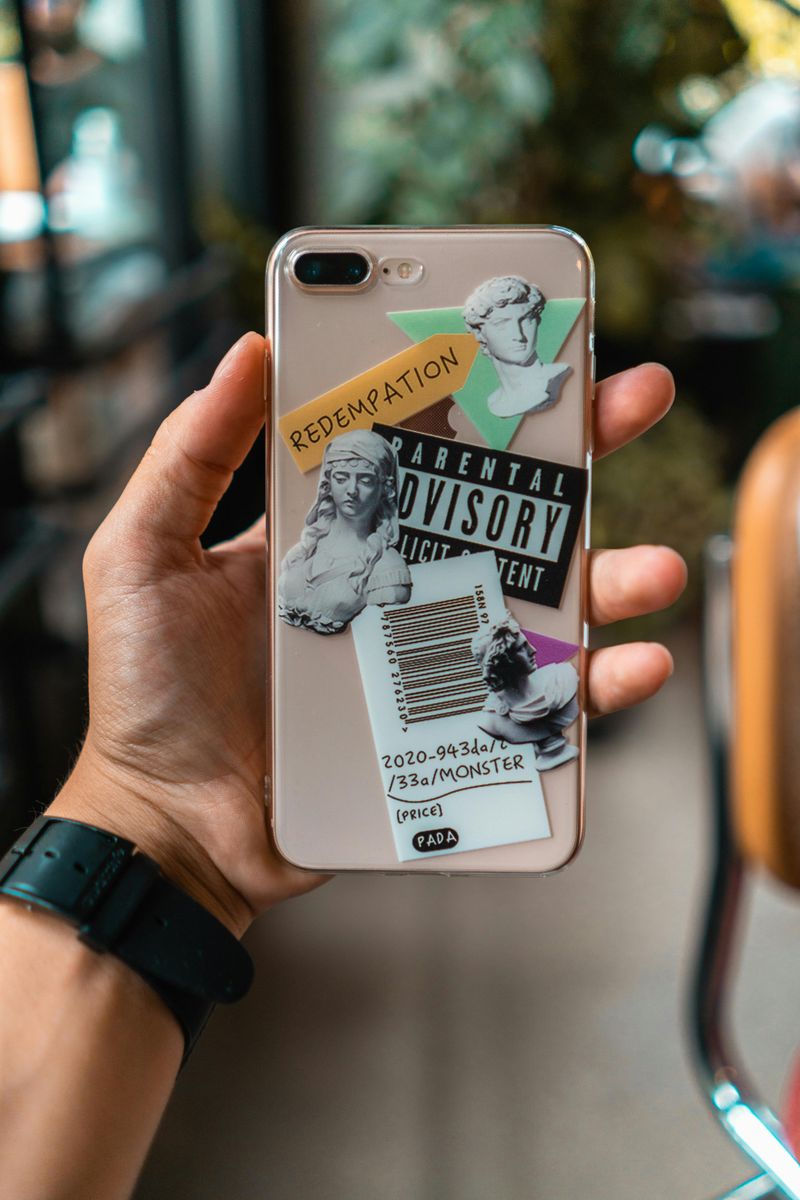
The explicit lyrics of ‘Darling Nikki’ from the Purple Rain album shocked Tipper Gore when her 11-year-old daughter brought the record home. The song’s masturbation reference prompted Gore to co-found the Parents Music Resource Center in 1985.
The PMRC’s infamous ‘Filthy Fifteen’ list of objectionable songs featured Prince prominently. Their Senate testimony led to the now-familiar ‘Parental Advisory’ stickers on album covers, forever changing the music industry.
Prince never publicly addressed the controversy, maintaining his artistic vision without apology. The song that launched a national moral panic demonstrated Prince’s fearless approach to sexuality in his music, regardless of potential backlash.
10. Founding His Musical Empire at Paisley Park

Riding high on Purple Rain’s success, Prince established Paisley Park Records in 1985, creating his own musical kingdom. The Warner Bros.-distributed label became home to artists like Sheila E., Mavis Staples, and George Clinton, all under Prince’s creative direction.
The label was an extension of his sprawling 65,000-square-foot Paisley Park studio complex outside Minneapolis. This musical fortress served as Prince’s recording sanctuary, performance space, and creative headquarters for the remainder of his career.
While the label dissolved in 1994 amid Prince’s disputes with Warner Bros., the facility remained his creative hub. Paisley Park represented Prince’s desire for complete artistic control and his vision of creating a self-contained musical universe.

Comments
Loading…